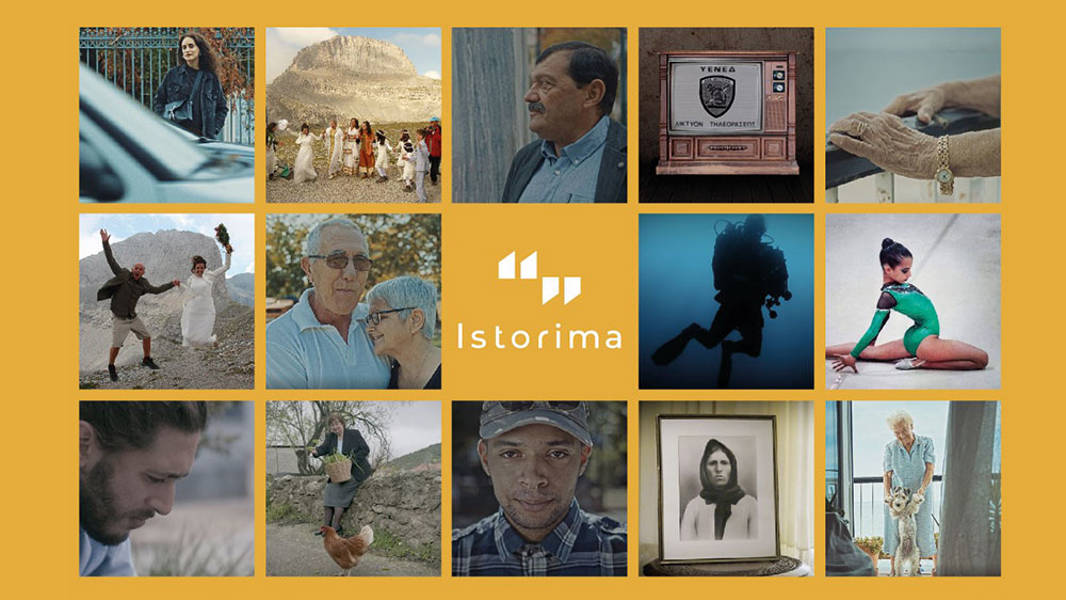
Do Υou Want to Hear A Story?
From cave paintings, to tales grandparents tell their grandchildren, to the stories we read in books or listen to through apps, they can connect past to present, narrator to listener, emotion to knowledge, inexperience to experience. Stories teach us to listen, to find common ground with one another, to chart a course that follows conventional wisdom or goes off the beaten path.
Istorima is the largest project dedicated to the collection of oral histories in Greece, started by journalist Sofia Papaioannou and historian Katherine Fleming with a founding grant from the Stavros Niarchos Foundation (SNF). In the coming years, Istorima aspires to collect stories in every prefecture and every village in Greece, stories of love, disaster, crime, war, immigration, and more.
Recording these stories are young people ages 18-35, working in the areas where they live. At regular intervals, Istorima posts notices for paid positions in every Greek prefecture, selects its partners, trains them, and sets them to search for and record stories. The young researchers are trained in interview techniques, using the equipment provided to them, guidelines for oral histories, and the code of ethics that governs the interview process. Each has nine months to identify and collect stories from their area they believe should be recorded and shared.
Engaging the researchers is not a collateral benefit, but the heart of the program. Born in the midst of Greece’s prolonged socioeconomic crisis, Istorima is part of SNF’s €100 million Recharging the Youth initiative to support nonprofit organizations focused on increasing long-term employment opportunities for young people in the country. The young researchers gain skills, connect more deeply with the place they live and the people in it, and contribute to preserving a historic legacy in a public domain.
In the years ahead, 1,500 researchers will be hired to record 50,000 stories from every corner of Greece; 250 researchers have already gathered about 6,000 oral histories. The material collected will form the basis of an archive that will be readily and freely accessible to all, a living oral history archive for the country’s memory, history, and culture.
Istorima is its researcher-listeners, its narrators, its stories, and the connections between them. It is a link between stories from the past and the knowledge that guides our actions today and tomorrow.